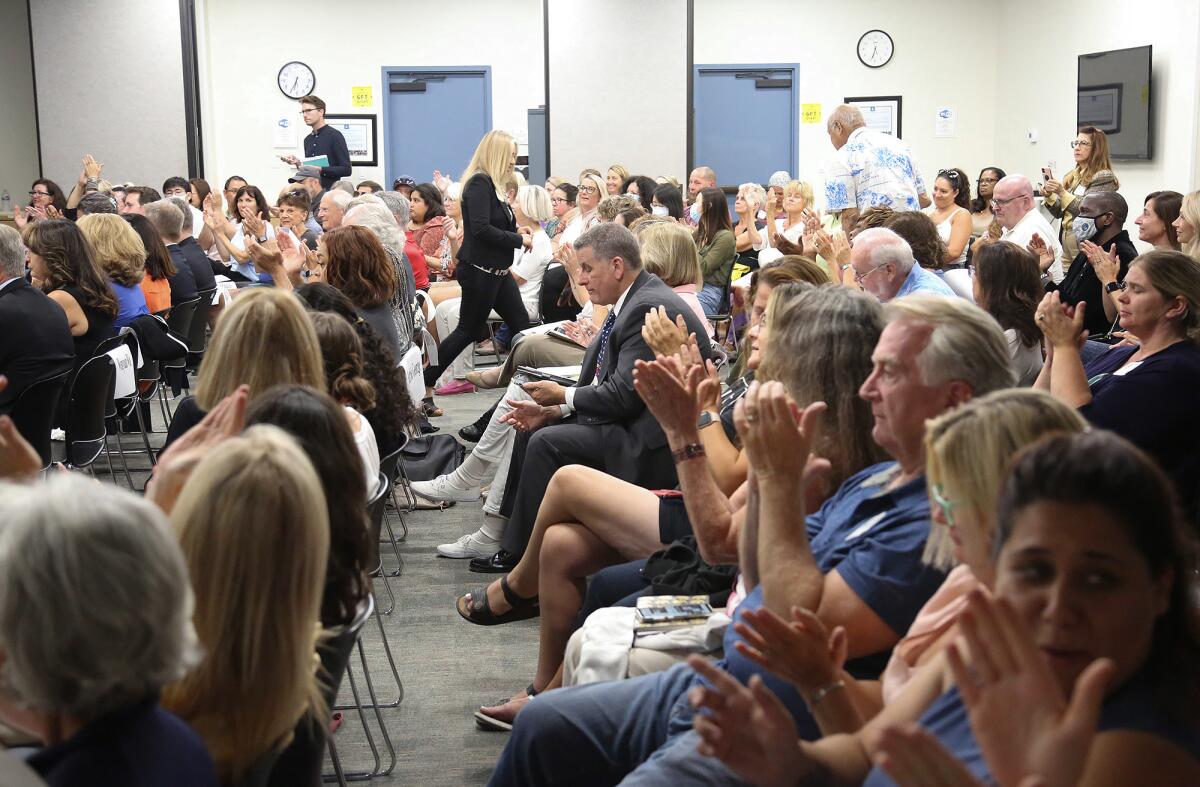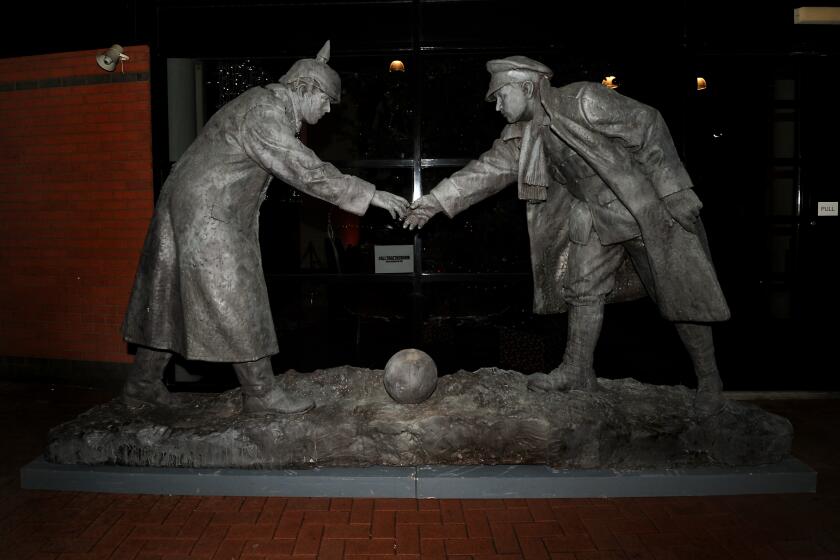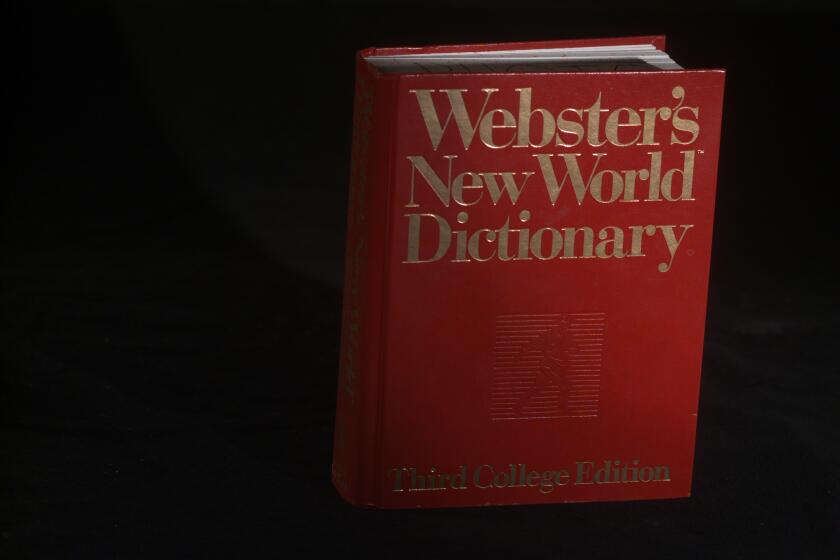Apodaca: Recent racist incident underlines why ethnic studies are important

Here we go again with another demonstration of why it’s crucial for schools to embrace inclusivity, tolerance and a fair and accurate examination of history:
Late last month, during a basketball game at Laguna Hills High School, racist insults were hurled at a Black student on the visiting team from Portola High School in Irvine. The incident was recorded on video and shared on social media, and it has prompted outrage and calls for action.
School officials said disciplinary measures were taken. But that perfunctory response steers clear of the larger point, which is that this kind of toxic behavior is common, too frequently downplayed, overlooked or excused and is part of a broader environment of denial and tacit acceptance of racism and other forms of bigotry.
This recent incident is only the latest in a string of ugly episodes that have garnered headlines in Orange County. In one infamous occurrence in 2019, several local students were photographed performing a Nazi salute in front of red plastic cups arranged in the shape of a swastika. That image was also shared widely on social media and before long it had made national news, once again tarnishing the county’s reputation.
Yet these photos and videos tell only a fraction of the story. Many students and their parents have revealed that racist and intolerant comments and actions are an everyday occurrence on campuses throughout the county.
It’s clear that such appalling conduct by kids doesn’t occur in a vacuum. They are mirroring what they see and hear and have learned, and without a concerted intervention effort these types of attitudes and actions are destined to grow into something even darker.
We have seen the consequences of that firsthand.
In its most recent report, the Orange County Human Relations Commission said that the county experienced a 35% increase in reported hate crimes from 2019 to 2020, continuing a five-year escalation trend. Alarming increases occurred across the board, as evidenced in the rising reports of antisemitic, anti-Asian, anti-Black and anti-LGBTQ hate crimes and incidents.
Daily Pilot contributor Patrice Apodaca feels we should all do our part to meet a new state mandate — but it’s not about what you might think.
No, schools can’t be held responsible for this trend or for fixing all of society’s ills. But they certainly have a major role to play in countering hate in an effective, proactive way.
Throughout California, schools have been wrestling with that very problem. They have been poised to take some positive steps forward with the ethnic studies now mandated by the state and through other programs designed not only to address historical discrimination but also to promote qualities of compassion, kindness and empathy.
California’s model ethnic studies curriculum is a framework for teaching about the experiences, cultures and contributions of marginalized minorities — parts of our history that have long been ignored or glossed over.
Sadly and yet predictably, these efforts are opposed by a vocal contingent of critics who have turned school board meetings into political hot spots. Fueled by a well-orchestrated disinformation campaign, opponents have challenged any attempts by schools to introduce thoughtful historical context on race.
You’ve probably seen the signs and heard the angry diatribes about CRT, the now well-known acronym for Critical Race Theory. For decades CRT has been an obscure field of study in law and graduate schools that examines how discrimination and inequity are perpetuated in the legal system and institutions.
The anti-CRT rhetoric is now being used to try to silence K-12 educators from engaging in any effort to foster a greater understanding and new perspectives about the histories and experiences of diverse groups of people. In some other states this has led to some books being banned and severe curbs on the topics that teachers can discuss.
Perhaps the most disturbing aspect of all this is that some people aren’t even willing to give a different approach a try, to see if it can have a positive impact. Instead we hear disingenuous claims that anti-racist education is itself racist against white people and is intended only to lay blame and create a sense of victimization.
It’s no wonder some young people are getting the wrong message.
As I have written before and no doubt will again, I am in no way suggesting that the state’s model ethnic studies curriculum — or any other program that seeks to promote greater knowledge of all aspects of our complicated history — is perfect or that it shouldn’t be debated.
Of course it should. Efforts to teach history in a more inclusive manner must be subjected to rigorous examination, and no doubt such programs will continue to evolve as the results are studied.
But any discussion about how to move forward should be based on facts about what is actually in the curriculum and the ways the teaching standards are being applied. And they must be grounded in a common goal of fostering a richer understanding of our history and of each other.
For, as any historian would testify, understanding the past is key to building the better future that we all want for our kids.
All the latest on Orange County from Orange County.
Get our free TimesOC newsletter.
You may occasionally receive promotional content from the Daily Pilot.





